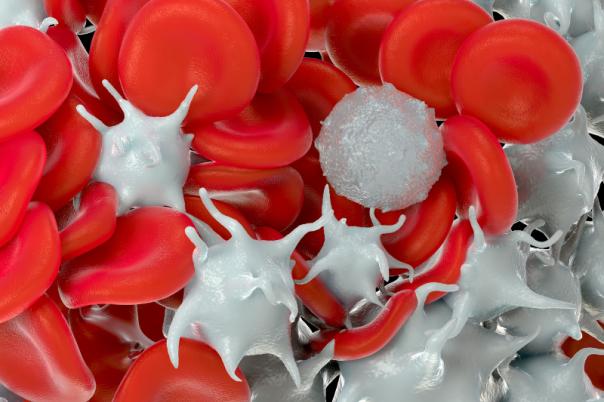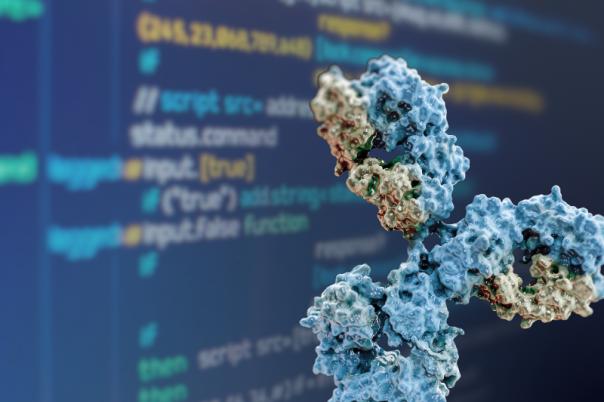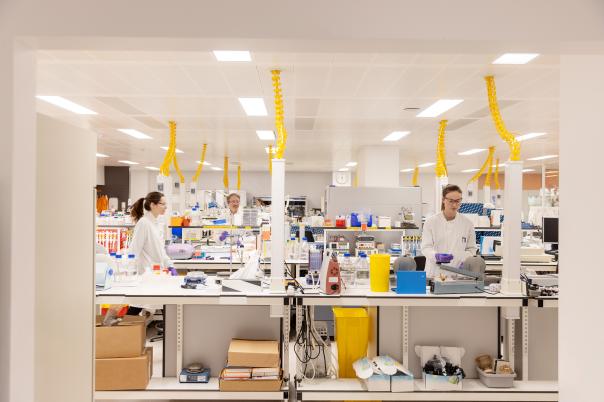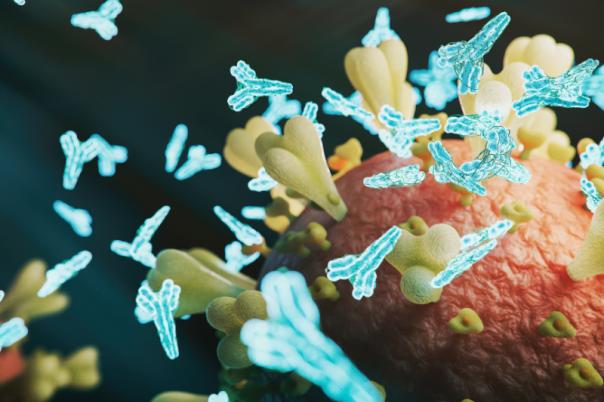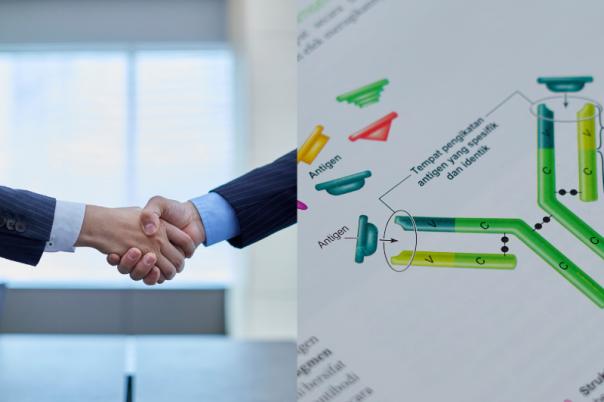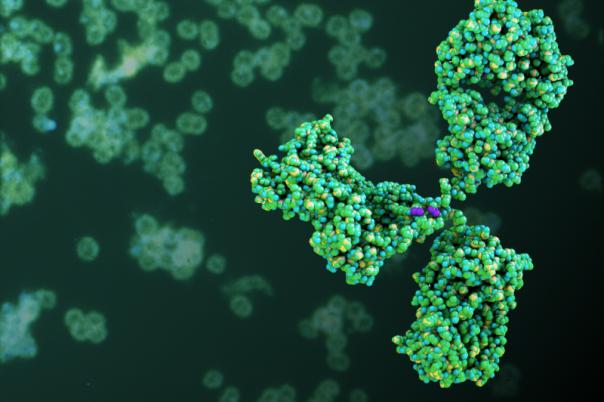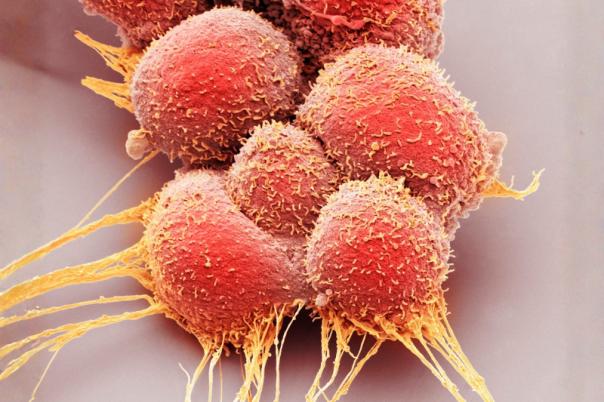Luxembourg-based biotech, Exobiosphere has secured €2 million in a seed round to develop its microgravity-enabled drug discovery platform. The seed round was spearheaded by Expansion Ventures, a €200 million venture capital fund seeking to support novel innovations in aerospace and defence.
Exobiosphere plans to use the funding to speed up the development of their Orbital High-Throughput Screener (OHTS), a standardised lab automation platform designed for microgravity. The OHTS seeks to improve drug failure rates by capitalising on space conditions to improve disease modelling, reduce false positives, and feed essential data to AI-based drug discovery models.
The microgravity in space enables protein crystals to grow more slowly and evenly than they do on Earth, giving them a larger and more organised structure. This makes it easier for scientists to analyse space-grown crystals and gather crucial insights.
Additionally, microgravity influences how human cells grow and behave. On Earth, cancer cells usually grow in a single layer due to gravity whereas in space, they form 3D structures that more accurately resemble real tumours. The more physiologically relevant characteristics of the 3D structures allow for a better understanding of disease progression.
Kyle Acierno, CEO of Exobiosphere, stated: “Space is not just the next frontier of exploration—it’s the next frontier of medicine.” He described the investment as a “pivotal step in making microgravity drugs accessible, scalable, and commercially viable.”
Although space biotech is still in its infancy, Exobiosphere’s platform gives new clues into compound efficacy and interaction that are difficult to obtain on Earth. Exobiosphere’s technology has the potential to accelerate the design of new drugs, reduce R&D timelines, and develop effective and affordable therapies, ultimately improving patient lives.

